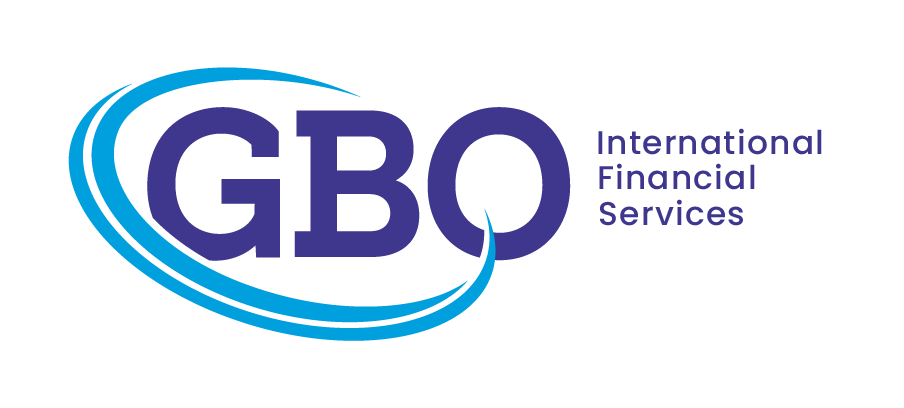Largest Electronic Money Institutions in Europe
A revolution in finance over the past decade has created a completely new facility for money management known as ‘FinTech’, largely built upon access via the internet for customers to digitize their transactions. A major component in this revolution inside the European Union is the Electronic Money Institution (EMI) which are authorized to offer services of execution of money transactions.
Electronic Money Institutions in Europe were first authorized under regulations ‘E-Money Directive (Directive 2009/110/EC)’ and ‘European Communities Electronic Money Regulations 2011’. The most popular services are for movement of funds, such as credit transfers and direct debits, money remittances, foreign exchange services, virtual bank account and they can also provide IBAN accounts for receipt of funds. They can issue electronic money which is a form of cash stored on an electronic device, payment cards and e-wallets.
Most of the electronic money institutions (EMIs) in Europe have begun operating within the last 4-5 years, with many only starting since 2018. As well, the majority of the banks are privately owned with low initial start-up capital investment, just enough to meet the requirements of the European regulations that stipulates a minimum paid-up capital of €350,000. With the exception of EMIs that have listed onto a public stock exchange, it is not possible to determine the size of each of the banks in order to draw up a list of the largest electronic money institutions in Europe.
A short list of best electronic money institutions in Europe, based on popularity and market presence, includes Airbnb Payments UK, Allstar Business Solutions, APS Financial,Checkout Ltd, Currencies Direct Limited, Ebury Partners, Epayments Systems, Euronet 360, First Rate Exchange, Google Payment, GVS Prepaid, One Money Mail, Paysafe Financial, Prepay Technologies, Prepaid Services, Revolut, Simplepay London, Skrill, Stripe Payments, Tor Currency Exchange, Transact24, TransferWise, WEX, Wirecard, Via Payments UAB , Wallter UAB, Paysera LT and Lietuvos paštas.
As we said, the mostly privately owned institutions are not required to publicize the size or extent of their operations, so there is no way of objectively listing them in terms of relative market share.
In overall terms, the following table lists the number of EMIs in each EU country operating as at December 1, 2020:
Speak with us about your business banking needs
Learn also about:
- UK 203
- Lithuania 70
- Malta 18
- Ireland 16
- France 15
- Cyprus 13
- Luxembourg 10
- Germany 9
- Italy 9
- Spain 8
- Netherlands 7
- Belgium 7
- Bulgaria 6
- Croatia 4
- Switzerland 4
- Sweden 4
- Greece 3
- Latvia 3
- Czech Republic 2
- Denmark 2
- Hungary 2
- Romania 2
- Slovenia 2
- Slovakia 1
- Estonia 1
- Finland 1
- Poland 1
- Portugal 1
The only way to choose which are the best electronic money institutions in Europe is to go by reputation, since official grading by a central authority is not available yet. Our own simple rule is to start with the age of the EMI, on the basis that this is a good indicator of sound business practice and market expertise.
How do electronic money institutions work?
Electronic Money Institutions are companies that are licensed to provide financial services to customers. EMIs are a new alternative to traditional banks that generally allow opening customer accounts faster, with less documentation and validations and without the need for a physical visit to the offices. Customers can get an IBAN account and also sub-accounts with just a few steps, and this enables them to send and receive payments, conduct business transactions and sell services or goods and receive payment electronically. For example, PayPal, Apple Pay, Google Pay are all EMIs.
To summarize, electronic money institutions have become a significant force in the conduct of business all over the world, and Europe has been leading the way. There are already more than 400 registered EMIs operating, and more are being established all the time.
Click here to add your own text

